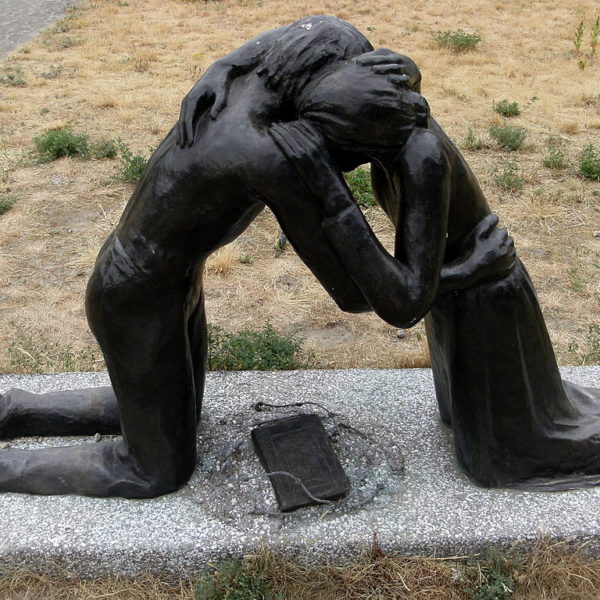
“Ideology asserts that something other than Jesus Christ awakens one from the world’s stupor, but no other force is adequate to the task.”

Christians are called not to ignore despair, but to help sow joy in its wake; not to condone hate, but to be all the more zealous in their own loving in its face. The politics of overcoming evil are about neither ignoring nor condoning evil, but rather, fighting it with the strongest power possible—love.

In Romans, Paul speaks of a God of reconciliation, who makes friends of enemies. Principles of reconciliation and of the love of enemies have often been quarantined from the political realm in systems of political thought that prioritize the enemy-friend polarity. However, a politics of love for enemies and of reconciliation with a creation from which we have become alienated may never have been more urgent.

Advent declares that the time has come upon us, that the King of Kings is about to arrive. The Advent claim that Jesus is Lord is a fundamental orienting claim for all of our politics.

Paul speaks to our self-conscious understanding of tragic fatedness in Romans 7. Like him we long to be released from such an apparent fate, where we are not free to live as we know we could and should. This is more than an individual bondage to sin. It recognizes that sometimes we are prevented from living as we feel we ought by more than our own will; sometimes we are oppressed by the wills of others or even a system which seems to have a will of its own that is impermeable to reason.
So now these chopped-apart verses stand in our textual memory as a testament to a moment when our movement was frightened by the logical conclusions of its own radical claims.
A Reflection on Romans 8:26-39, Sixth Sunday after Pentecost



